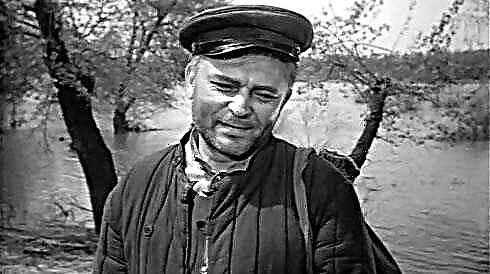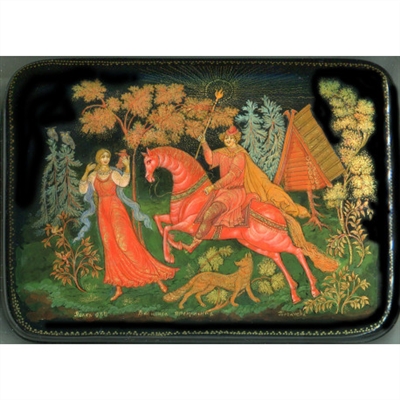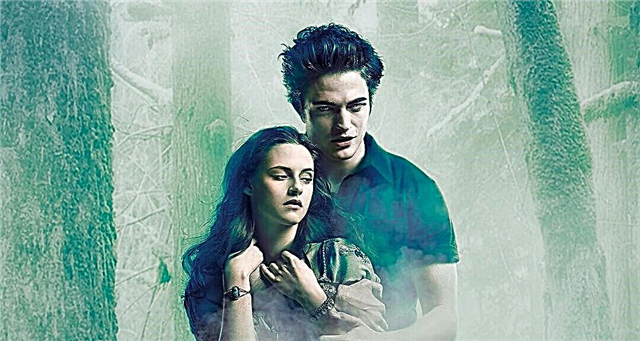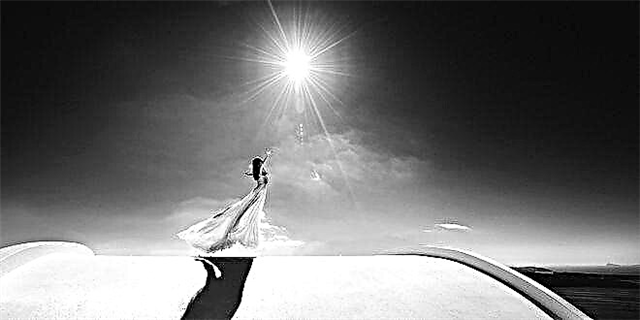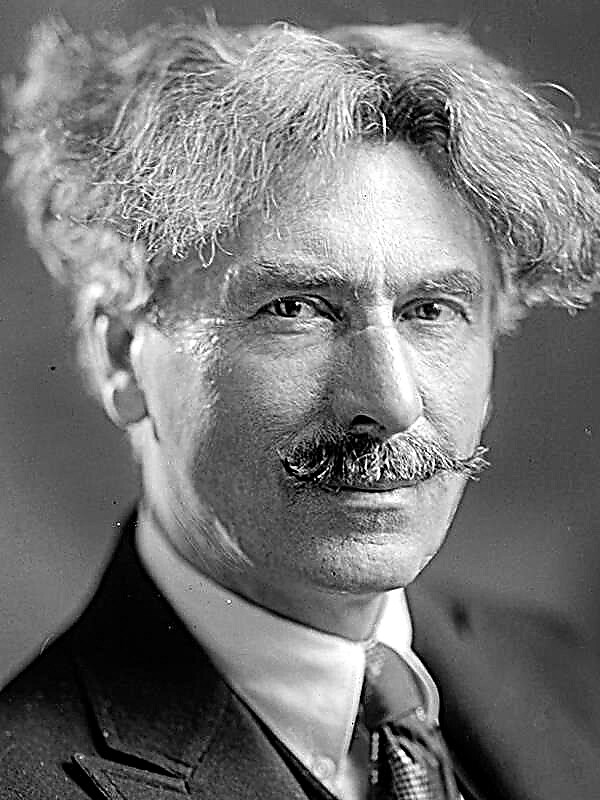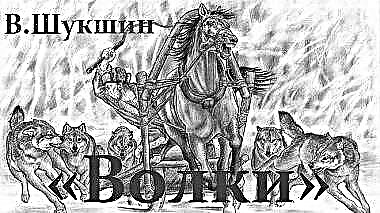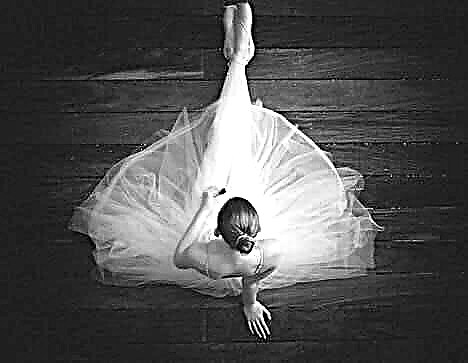: Telling people parables and stories of moral and philosophical content, a wandering philosopher preaches the doctrine of the Superman, but the world is indifferent to the words of the sage.
The novel consists of four parts, each of which contains parables on various moral and philosophical topics. According to the style of poetic-rhythmic prose, the compositions are referred to the genre of “philosophical poem”.
Part one
Zarathustra returns to people after ten years of loneliness in the mountains to bring news of the Superman.
Descending from the mountains, he meets a hermit who speaks of love for God. Continuing on, Zarathustra wonders: “Is this possible ?! This holy elder in his forest has not yet heard that God is dead! ”
In the city, the sage sees a crowd that is about to gawk at the cable-rope Plyasun. Zarathustra tells people about the Superman: he urges people to be “faithful to the earth” and not to believe “unearthly hopes,” because “God has died.” The crowd laughs at Zarathustra and watches the performance of the Cable Dancer. As a result of the intrigues of the Payak, the tightrope walker falls and dies. Having picked up the corpse of the deceased, the sage leaves the city. He is accompanied by an eagle and a snake.
In his "Rech", consisting of twenty-two parables, Zarathustra laughs at the false morality and the foundations of mankind.
The sage begins with a story about the “three transformations of the spirit”: first, the spirit is a Camel, which turns into a Leo, and the Leo becomes a Child. The spirit is loaded, but he wants to gain freedom and, like a lion, become master. But Leo cannot become a Creator Spirit without a Child — the “sacred affirmation” of the spirit.
Many paradoxical life aspirations and different types of people are discussed by Zarathustra:
He condemns the godlike — they want “doubt to be sin.” They despise "a healthy body - strong and perfect." The philosopher curses the priests - these preachers of death, who must disappear "from the face of the earth."
Zarathustra teaches respect for warriors - they "overcome the man in themselves", not wanting a long life.
He says “about a thousand and one goals”, when the good of one people of another people is considered evil, because “humanity has no goal.”
The sage broadcasts about the "new idol" that people worship - about the state. The death of this myth means the beginning of a new person.
He advises to avoid fame, clowns and actors, as far from this "inventors of new values have always lived."
Zarathustra calls stupidity when they respond with good to Evil - this is humiliation for the enemy, and "little revenge is more humane than lack of revenge."
He calls marriage “the will of two to create one, greater than those who created it”, and calls truly chaste condescending and merry.
The sage also speaks of love for “those who create in solitude” - they are able to “create beyond themselves.”
The youth of Zarathustra tells of the evil nature of man, who is like a tree and "the more persistently he strives upward to the light, the more strongly his roots rush deeper into the earth, down into darkness into evil."
The sage mentions the nature of a woman - her solution is pregnancy, but the rule of treatment with her is one: “Do you go to women? Do not forget the whip! "
Zarathustra condemns people who, “being in miserable complacency”, are mired in these “virtues”. A man on his way to the Superman must keep “a hero in his soul”, be faithful to the earth, find himself and “desire with one will”, denying any other faith.
The “Speech” ends with the prophecy about the coming of “Great Noon”, when, on the way from the animal to the Superman, a person “celebrates the beginning of his sunset”.
“All the gods have died: now we want the Superman to live” - this, according to Zarathustra, should be the motto of humanity.
Part two
Zarathustra retires to his cave. Years later, the sage again decides to go to people with new parables.
He again speaks of the denial of religion, because "it is a thought that makes everything direct crooked." The existence of the gods kills any creation and creation. Away from the gods and from priests who perish in the fire for false ideas.
The true virtue for man is the Self, which "manifests itself in every act." One needs to love creation more than compassion, since compassion cannot create anything.
Zarathustra reveals the lie of the concept of “equality” - this myth is used to avenge and punish the strong, despite the fact that people are not equal and “they should not be equal!”
All the "glorified sages", like donkeys, served "the people and popular superstition, and not the truth." But real sages live in the desert, not in the cities. Therefore, a real sage avoids the crowd and does not drink from her "poisoned springs."
Zarathustra teaches about the “will to power”, which he saw “wherever was living” and which encourages the weak to submit to the strong: “Only where there is life, there is a will: but not the will to live - the will to power! So I teach you. " It is the “will to power” that makes a person strong and sublime, like a column - “the higher it is, the more tender and more beautiful, while inside it is harder and more enduring”.
He speaks of a "culture" that is dead and proceeds from an illusory reality. Scientists of this dead reality impersonate the sages, but their truths are void. Zarathustra calls for “unsullied” and pure knowledge, “so that everything deep goes up to my height!”
He laughs at poets for their “eternal femininity” - they are too “superficial and not clean enough: they stir up the water to make it seem deeper”.
All great events, says Zarathustra, should revolve "not around those who invent new noise, but around inventors of new values." Only “the will to power” can destroy compassion and bring about the Great.
Zarathustra teaches his listeners three human wisdom: to deceive oneself, “so as not to beware of deceivers”, to spare the vain more than the others and not to allow “that because of your cowardice I became disgusted by the appearance of the evil."
In deep sadness, he leaves his misunderstood listeners.
Part three
Zarathustra is on his way again. He tells fellow travelers about his meeting with the Spirit of Gravity - “he sat on me, half-mole, half-dwarf; "lame, he tried to make me lame." This dwarf saddled the sage, trying to drag him into the abyss of doubt. Only courage saves the philosopher.
Zarathustra warns that the Spirit of Gravity is given to us from birth in the form of the words "good" and "evil." This enemy, saying "good for all, evil for all" is defeated only by one who "says: here is my good and my evil." There is neither good nor bad - there is "my taste, which I need neither to be ashamed of nor hide."
There is no universal way that can be shown to everyone - there is only an individual choice of each in matters of morality.
“Shouldn't it be like this: everything that can happen has already gone through this way once? Shouldn’t it be like this: everything that can happen has already happened once, happened and passed? ” - Zarathustra asks, confirming the idea of the Eternal Return. He is sure: “everything that can happen on this long way forward should happen again!”
The sage says that all life is determined by the “oldest aristocracy of the world” - Chance. And the seeker of happiness never finds him, because "happiness is a woman."
Returning to his cave through the cities, Zarathustra again speaks of moderate virtue, which combines with comfort. People shredded and revered "what makes humble and tame: so they turned the wolf into a dog, and people into the best pet of a person."
The sage is saddened by the deafness of people to the truth and says that "where you can no longer love, you need to pass by!"
He continues to mock the "old, jealous, evil" prophets who speak of monotheism: "Is it not divinity that there are gods, but there is no God?"
Zarathustra praises voluptuousness, lust for power and selfishness. These are healthy passions, beating "with the key of a strong soul connected to an exalted body" and they will be characteristic of the "new aristocracy". These new people will destroy the "old tablets" of morality, replacing them with new ones. “Undaunted courage, long distrust, cruel denial, satiety, incision of life” - that, according to Zarathustra, characterizes the new elite and gives rise to truth.
In order to be strong, you must have a "broad soul" that is free from external circumstances and "rushes into all that is Random." This soul has a thirst for will, wisdom and love, "in which all things gain aspiration and confrontation."
Only one who wants to overcome himself has the “will to power” and a wide soul will be saved. The Weak and the Fallen need to be pushed and taught "fall faster!" - calls Zarathustra.
The best should strive for dominance in all areas of life. A man must be “capable of war”, and a woman - for childbearing. “You are making a marriage: see that he does not become your imprisonment!” - warns the philosopher.
Zarathustra denies the "social contract", because society "is an attempt, it is a long search for the one who commands."
He glorifies “all evil in man”, because “everything evil and evil is the best strength and hard stone in the hand of the highest of creative ones”.
After these sermons, the animals call Zarathustra "the teacher of the Eternal Return."
Part Four and Last
Zarathustra grew old and "his hair turned gray."
He continues to believe in the "millennial kingdom of Zarathustra" and adheres to the main slogan of the Superman - "Be who you are!"
One day he hears a cry for help and goes to look for a “higher man” who is in trouble. Various characters come across him - a gloomy Diviner, two Kings with a donkey, Conscientious in spirit, the old Wizard, the last Pope, the most ugly person, a Volunteer beggar and a Shadow. All of them tell their stories to Zarathustra and want to find a "superior man." The sage sends them to his cave and continues on his way.
Tired, Zarathustra returns to the cave and sees there all the travelers whom he met during the day. Among them are the Eagle and the Snake. The sage gives a sermon on the signs of a “higher man,” summarizing all the ideas expressed in earlier sermons.
After that, he arranges a “supper”, where everyone drinks wine, eats lamb and praises the wisdom of Zarathustra. All guests, including the donkey, pray.
The sage calls his guests "recovering" and praises the onset of "Great Noon."
In the morning, Zarathustra leaves his cave.


